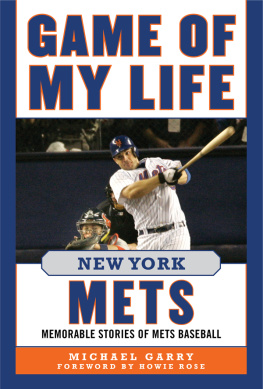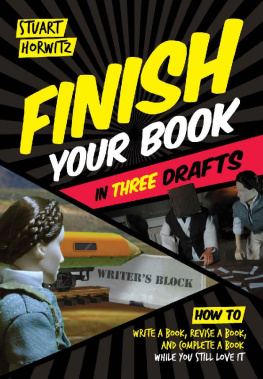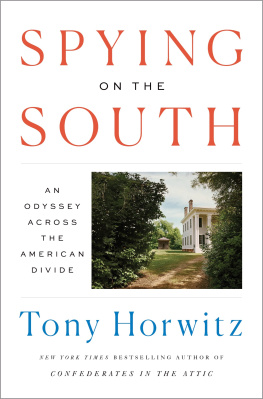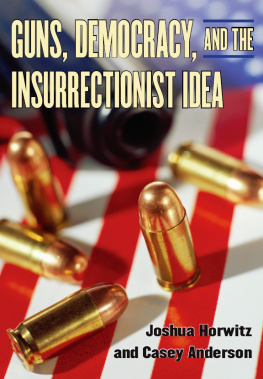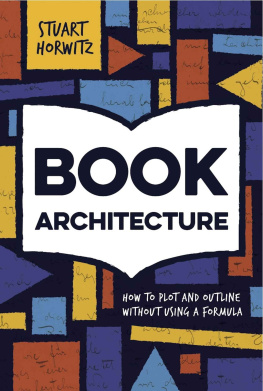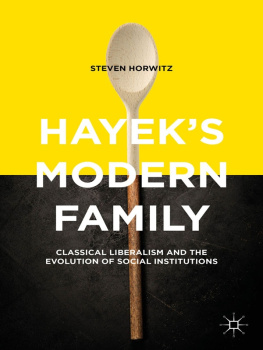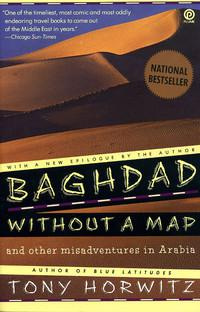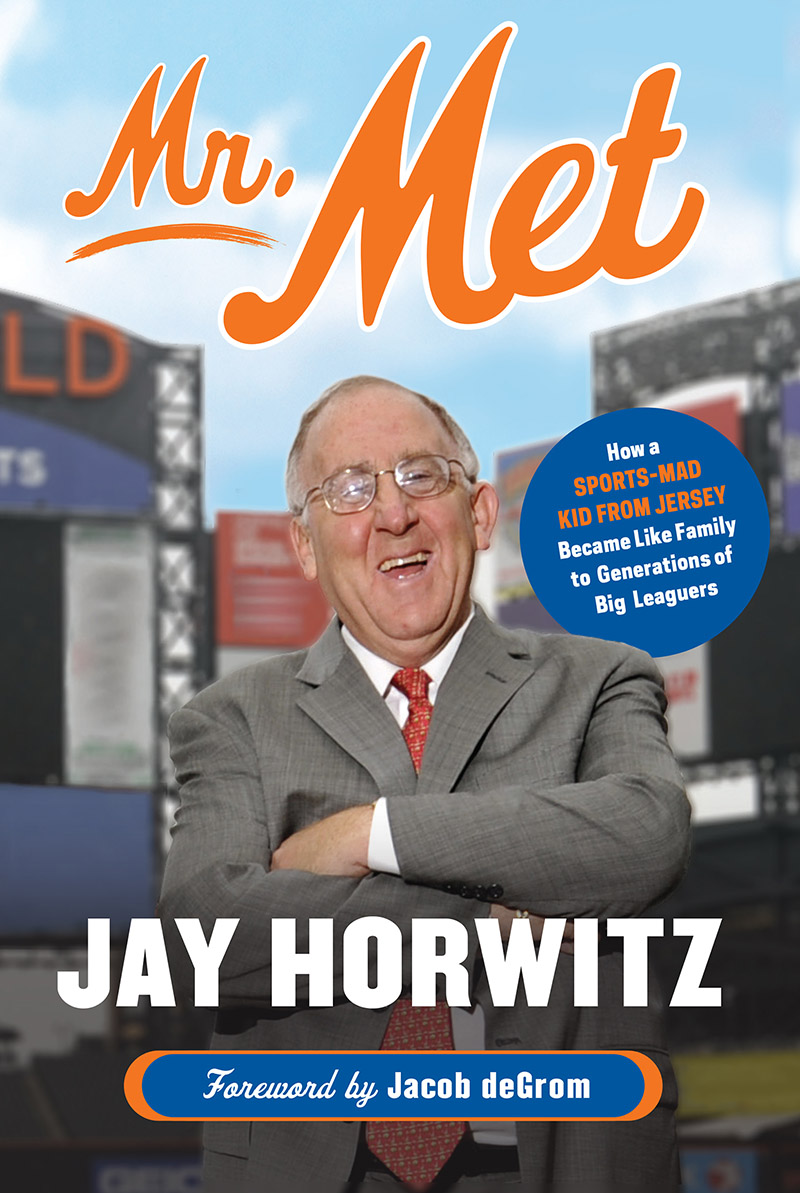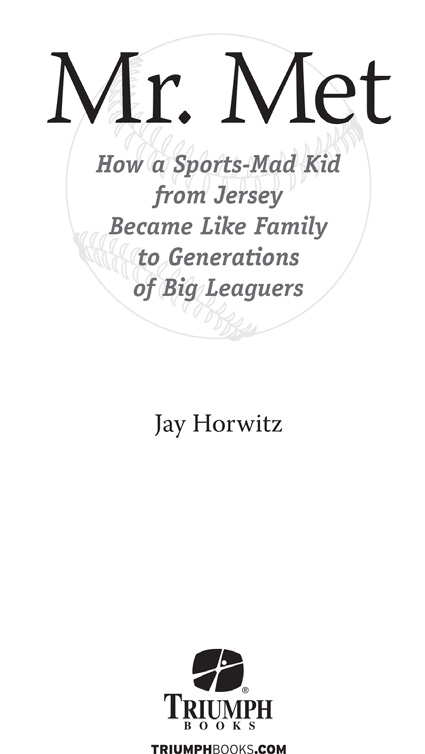
Contents
Foreword by Jacob deGrom
I basically grew up in the middle of nowhere, a town called DeLeon Springs, Florida, 30 miles inland from Daytona Beach. Not to say we were isolated, but put it this way: if any tourists ever came through DeLeon Springs, they were probably lost. Coming up as a young kid in baseball, throughout the minor leagues, you never really did interviews and what-not. You didnt have to deal with any of that media stuff. So it was a big transition, going from that background to making my major league debut with the New York Mets in the biggest media market there is. I was lucky to have Jay Horwitz there for me during that adjustment period and for years to come.
I remember my first day with the team was during the May 2014 Subway Series. Id been called up from Triple-A Las Vegas on May 13 to join the team. Here I was, a kid from DeLeon, showing up at Yankee Stadium, just trying to take it all in, not really sure what was going on. I was going to pitch out of the bullpenbut then word came that, instead, two days later I was going to start a game against the New York Yankees, which that year meant Derek Jeter, Mark Teixeira, and Alfonso Soriano.
Its funny what you remember about a day like that. My first day pitching in the big leagues was at CitiField, a great crowd of more than 40,000. I got a hit and finished the day with a 1.000 batting average. I held the Yankees scoreless through the first six innings, but lost 10. Of course I was frustrated we didnt win, Id have loved to win my major league debut, but more than anything I was excited about being in the big leagues. Before I talked to the reporters, a guy came over to my locker to tell me what to keep in mind when I talked to the media. That was Jay, there to help. I remember thinking it felt kind of weird, like, Who is this guy telling me how Im supposed to do this interview?
It didnt take me long to realize how valuable an asset Jay was to me, and to every Mets player. His advice was simple and good: If youre honest with the media, and you give them the time, theyll respect you. That was big for me first coming up and still today: Just take accountability. Whether you had a good start or a bad start, be there at your locker afterward, ready to talk to the media about what happened, because thats what they want to hear. Just tell them how things went and what you saw out there. That advice has helped me out a tremendous amount throughout my career.
I dont want to sugarcoat any of this, I told Jay that first season.
Thats good! he said.
So I didnt sugarcoat. If I went out there and stunk, I talked about that with the media. If I had a good day, I talked about that. Jay and me didnt always see eye to eye. There were times when we butted heads, and then the next day it was like, Hey, Jay, sorry about that, love you, man. He was completely fine with it. He never held a grudge. Whether you were having a bad day with him or a good day with him, every day was a new day with Jay. He was always rooting for you, and that was why everybody in the locker room loved him. He truly cared about the players and truly wanted the best for them. It was never about Jay, it was always about the players and about the team. He was truly a Mets fan, he wanted this team to win and he wanted the players to perform, and you knew that. It was great having a guy like that around. Knowing that he was on your side was always a huge plus.
One thing I noticed early on was that any time a great Mets player from recent years showed up, he would see Jay and break into a smile, and theyd immediately start talking like old friends. They trusted him, and the way they trusted him showed me Jay always had the players interests in mind. That was true for teammates of mine like David Wright and it was true for the stars of the 1980s and 1990s Mets, guys like Dwight Gooden, Darryl Strawberry, and John Franco. All those guys loved Jay. You could tell he was one of the guys. He had their best interests at heart, and knowing that made you feel comfortable with anything you were going to say to Jay, knowing he was trying to protect you.
By the time I came along, we didnt play jokes on Jay quite the way so many of the older guys didlike David Wright and John Francowho loved to mess with Jay a little. We just horsed around with him. Hed come through the locker room and wed joke around with him. If we were shooting baskets at this little basketball hoop we had set up in there, wed try to get him to take part.
Hey, Jay, try to make a shot! wed all call out.
Every once in a while, hed make one. It was all in good fun, and everybody would be all excited when he made one. One day, I was doing soft toss with him with a big ball, trying to get him to hit it in the locker room. It cracks me up thinking about it even now. Im grateful I got to spend time with him.
Jay always cared so much about every game. He didnt like losing. If I lost a game, sometimes it was almost as if it was Jay who had made that start, he took it so hard. Hed say something like, Oh, man! He felt really bad for you, but you came in the next day and it was a new day.
When you think about Jay Horwitz and how much he cares about this organizationhow hes spent 40 years with this organization, how its like the Mets players and Mets organization are part of his family, I really do think Jay is Mr. Met. His heart is with the players and this team. This is what Jay had, and he loved it. That showed in how he loved the players. We were his family. I still feel that way about him. I love when he comes around.
Still today, after starts, whether its good or bad, Ill get a text from Jay, and I read that and it puts a smile on my face. This guy, hes still pulling for me, even though his role has changed to a job in alumni relations. I truly do miss having him around in the clubhouse. Im glad Ill have this book to read for years to remind me of Jay and how much he loves the Metsand how much he loves baseball.
Jacob deGrom
Introduction
Its been an amazing run. Ive spent a good part of my adult life living out my childhood dream, going back to the days when my dad and I tossed a ball back and forth in our backyard in Clifton, New Jersey. Ive had the amazing fortune to work for the New York Mets since 1980, Ive formed deep friendships with many of the greatest ball players of recent decades, and Ive been there to watch baseball history unfold up close, time and time again. Its all I could ever have asked out of life, and I know how lucky I am to have had such great experiences and such great friends in the game. The world of professional sports has changed a lot since I first started with the Mets, but nothing can change or diminish the power of great moments in sports to bring us together, and to tell us more about who we are.
I never thought Id write a book. The idea came up all the time, whenever I launched into another funny or revealing story and people suggested I tell my stories, but a book never felt like me. Im a private guy. I like disappearing into the work of media relations director. Thats maybe one reason Ive gladly given so much to the job day after day, almost never taking a sick day through four decades, and keeping the players laughing. Tyler Kepner once wrote in The New York Times that I have the smallest ego in baseball, and maybe thats right. I loved never making it about me. It was about the players. It was about the stories. It was about the game.
Then, in September 2018, the Mets decided it was time to move me to a new role. After 38 seasons as the head of PR for the team, most recently as vice president of media relations, I would be moving on to the post of vice president of alumni relations and Mets club historian. It was an adjustment. Id no longer be traveling with the team and I wouldnt see as much of the players. But you close one door, and another one opens.



